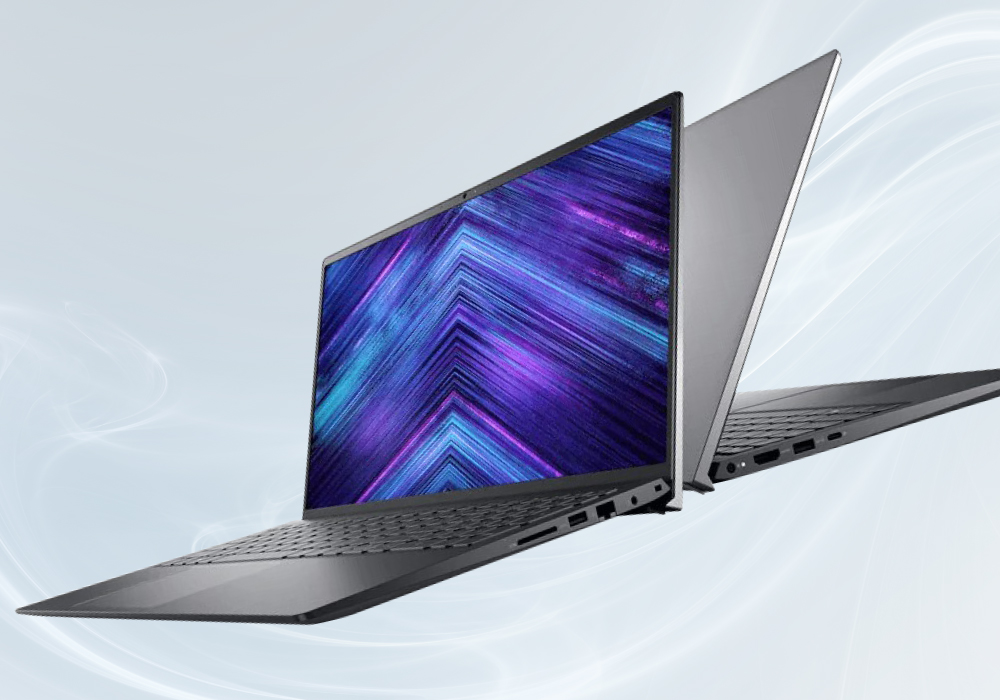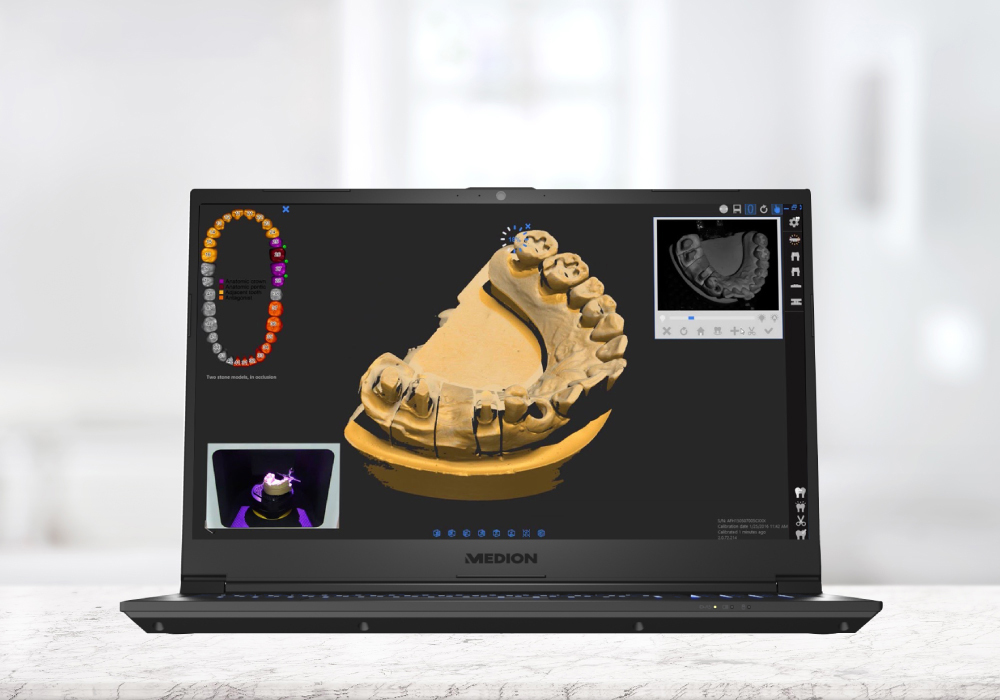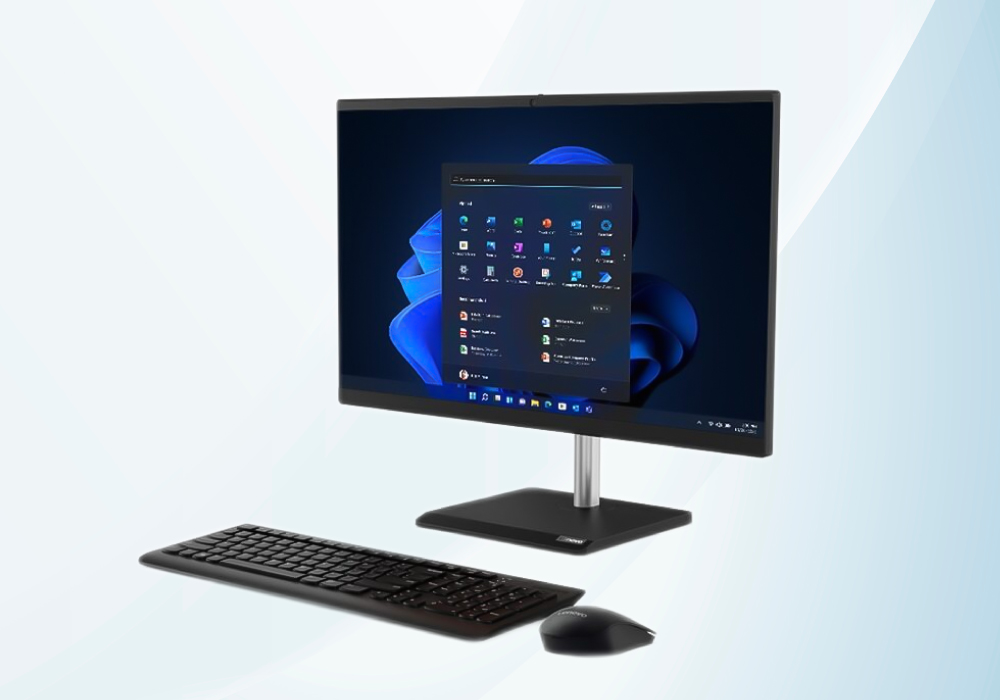The Advantages of Choosing a Tower PC for Video Editing
From video editing to filmmaking, it is essential that you have powerful processor that not only works efficiently but also handles your tasks quickly. Video editing is the most process-intensive task, which cannot be undertaken by everyday PCs, especially when you are working on 4K or 8K videos. Editing is time consuming; this cannot be completed with a lagging processor. Therefore, you must have enough space in your device to store heavy videos or films without affecting the proficiency of the processor. This is where the “tower PCs” come in. In this article, we will explore the benefits of choosing a desktop tower PC for video editing.
Benefits of Choosing a Desktop Tower PC for Video Editing
If you are a video editor, you must understand the importance of having a reliable and powerful computer that can complete the demands of your work. When you are selecting all the requirements of editors as they offer certain advantages and make this intensive task into an enjoyable activity.
Powerful Processors
One of the major advantages of having a tower PC is that it allows you to install more robust hardware components for video editing. Tower PCs have more space for larger and modern components than laptops and all-in-one computers, which are made to be compact and portable. If you need a tower PC with top-tier processing power for tasks like video rendering, editing massive files, and multitasking, for instance, consider an Intel Core i9 or AMD Ryzen 9.
Tower computers are also better suited for video editing as they can accommodate more powerful graphics cards. When processing high-resolution video files, a specialised graphics card can improve performance and shorten rendering times. You can get the desired power and performance for video editing with a tower PC and a high-end graphics card like an NVIDIA GeForce RTX or an AMD Radeon RX.
Upgradability of Components
The option to upgrade individual parts over time is another advantage of using a tower PC for video editing. As your demands grow and your workload increases, upgrade your tower PC as you please. Add additional memory, upgrade your graphics card, and install more storage to meet your work requirements. A tower computer gives you the most options for component upgrades.
Many of the latest tower computers are made with expansion in mind, with lots of space for new parts and simple access to the internals. For improved speed, better video rendering, or more storage space, for instance, you can increase your RAM, graphics card, hard drive, or SSD.
Better Cooling Capacity
Video editing puts a lot of stress on a computer’s ability to work quickly. If not handled correctly, this degree of processing can produce a lot of heat, which can cause thermal throttling and even damage to the system. As a result, it is essential for a PC to have an efficient cooling system when being used for video editing. The heat produced by the CPU, GPU, and other components can be dissipated via a cooling system, keeping the system from overheating. It can also keep the system running at its optimum temperature, preventing any lag or decrease in performance. Keeping the system cool can increase its stability and reliability as well as the longevity of its individual components. Any video editor who cares about the longevity and efficiency of their equipment should invest in a solid cooling system. Tower computers have better cooling systems than desktop computers.
Tower PCs offer room for more powerful and efficient cooling systems since they are physically larger than laptops and all-in-one computers. A tower PC with liquid cooling, for example it is better able to maintain component temperature even when under intense loads. The internal fans of some tower PCs do a good job of circulating air and cooling down the inside components.
More Connectivity Options
More ports are one of the benefits of a tower computer. When editing videos on a computer, it’s crucial to have as many available ports as possible. Tools of the trade in the video editing industry can include things like external hard drives, cameras, microphones, and more. If there are more available ports, the user can connect more devices at once without having to constantly swap them out. Ports are also useful since they allow for future hardware expansion and upgrades. Having a number of port options available simplifies the process of connecting and using a wide range of auxiliary devices. Without a doubt, a video editor’s efficiency and output will benefit tremendously from a computer with multiple ports.
A tower computer will often feature more ports of every kind, including USB, HDMI, and DisplayPort, making it easier to connect all of your devices. Port expansion lets you connect more storage devices, video capture devices, and other tools that help with editing.
A cost-effective choice
A tower PC is a reasonably priced option for video editing. A high-end tower PC might cost a lot of money, but there are cheaper alternatives that can offer a good deal of power and performance. Tower PCs are frequently less expensive than laptops and all-in-one computers with comparable technology requirements, making them a good option for budget-conscious video editors.You can save money by upgrading individual components of a tower PC over time rather than purchasing a brand-new computer.
Video Editing on Laptops vs. Tower PCs
Deciding between a portable or stationary device for video editing is a crucial choice you’ll encounter. Both options have their advantages and disadvantages, and the best fit for you depends on your individual needs. In this overview, we’ll compare the pros and cons of using a laptop versus a desktop for video editing purposes.
Portability
A laptop’s portability is arguably one of its most appealing features. A laptop computer is convenient if you need to work while on the road or if you frequently travel. You are not restricted to a single area or a workstation, but rather, you may carry your work with you wherever you go. However, compared to laptops, desktop computers often lack portability and restrict you to working from the same desk.
Computing Capacity
In terms of processing capability, desktop computers are often superior to laptops. High-end central processing units (CPUs) and graphics cards can be installed on a desktop computer, allowing for more powerful and efficient processing. Video editing, which sometimes necessitates the rendering of large files and the simultaneous running of numerous programmes, might greatly benefit from this.
Upgradability
The components of a desktop computer are often more easily upgraded than those of a laptop. CPU, graphics card, and RAM may all be readily swapped out and upgraded on a PC. This may be a cheap approach to speeding up your computer gradually. It may be more challenging, or perhaps impossible, to install an upgrade on some laptop models.
Aspect Ratio or Screen Size
Having a big screen might be beneficial while editing videos so you can see everything clearly. The larger screens seen on desktop tower PCs, as opposed to laptops, can make for a more immersive editing experience. A smaller-screened laptop may still be usable for on-the-go work, though.
Cost
When comparing components of comparable capability, desktop computers are typically more cost-effective than laptops. This is because, despite being meant to be portable, laptops typically use more expensive and less powerful components than desktop computers. A desktop computer with comparable technical specifications may be less expensive, but a laptop may be more practical if you need portability.
Cooling
Laptops are more likely to overheat than desktop computers because they are small and don’t have their own cooling systems. Problems with performance, longer rendering times, and eventual device breakdown can result from this. However, desktop computers often include more robust cooling systems, including more powerful fans or liquid cooling, to keep themselves from getting too hot to use.
Conclusion:
In conclusion, when it comes to video editing, both laptops and desktops have their benefits and drawbacks. A laptop may be the ideal choice if you need something portable but are willing to give up some power and screen real estate. On the other hand, a desktop computer can have a faster processor, more expansion options, and a bigger screen.
Choose a tower PC for video editing, and you will receive a powerful machine that can handle even the most taxing workloads, with the freedom to tweak and update parts as your change. A tower PC is a wonderful option for video editors looking for maximum performance without breaking the bank due to its strong hardware, upgradeability, superior cooling, port availability, and cost-effectiveness.
If you are looking for the best desktop tower PCs, then visit Laptop Outlet, a platform that delivers the best tower computers from the world’s leading brands




hello there and thank you for your info – I’ve definitely picked up anything new from right here.
I did however expertise a few technical issues using this website, as
I experienced to reload the website a lot of times previous to I
could get it to load properly. I had been wondering if your hosting
is OK? Not that I’m complaining, but slow loading instances times will very frequently affect your placement in google and can damage your high-quality score if ads
and marketing with Adwords. Well I am adding this RSS to my
e-mail and could look out for a lot more of your respective
fascinating content. Make sure you update this again soon..
Lista escape room
Very interesting details you have noted, thank you for putting up.!